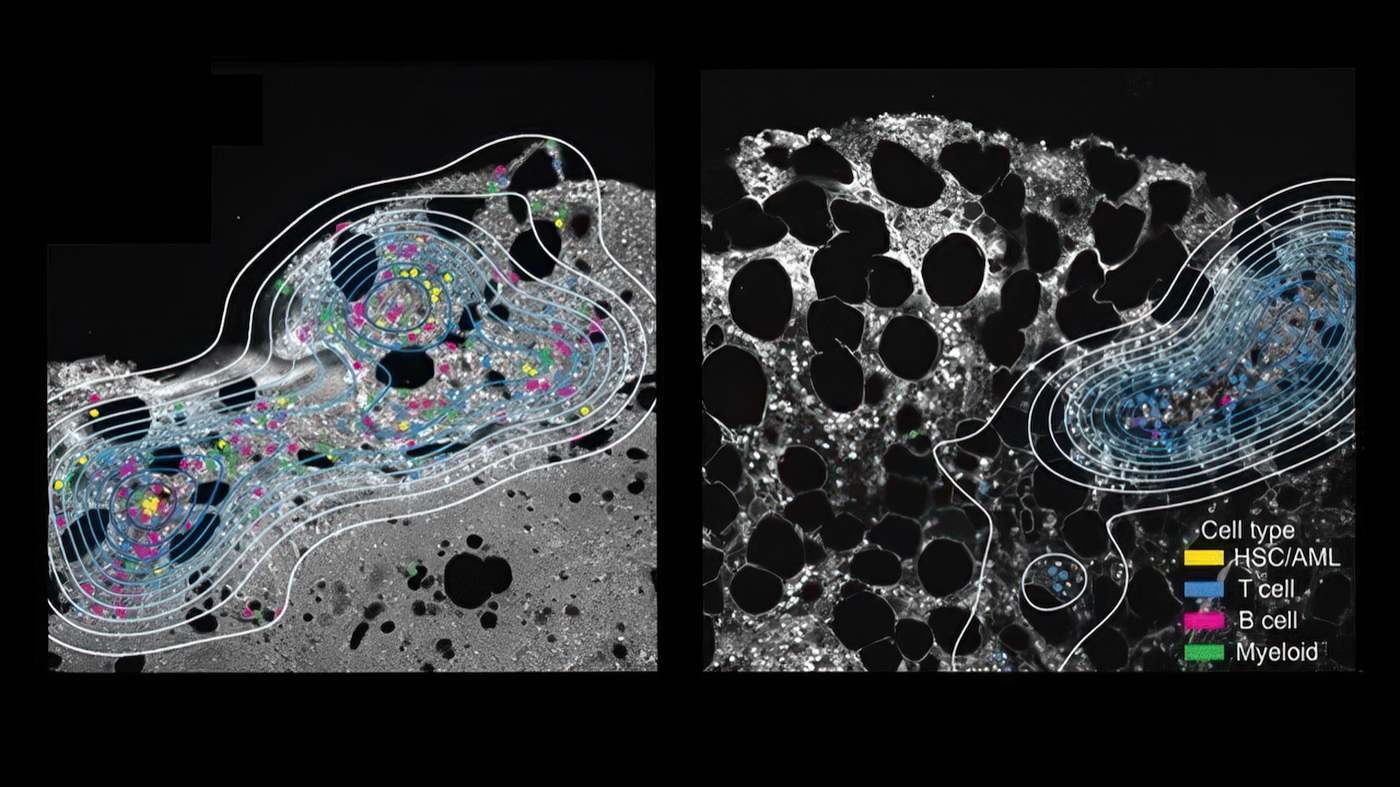Scientists discover critical immune cells that could transform cancer therapy for acute myeloid leukemia patients.
Key Points at a Glance
- Researchers identify specific immune cells that improve the effectiveness of cancer treatments.
- The study focuses on acute myeloid leukemia (AML), a challenging form of blood cancer.
- Findings could pave the way for personalized immunotherapy approaches.
- Study highlights the importance of harnessing the body’s own immune system for treatment.
- This research opens new doors for treating other types of cancer.
The fight against cancer has taken a major leap forward with groundbreaking research conducted at Columbia University. Scientists have identified a critical subset of immune cells that could significantly enhance the success rate of cancer treatments for patients battling acute myeloid leukemia (AML). This discovery could revolutionize immunotherapy approaches and offer new hope to those facing this aggressive form of blood cancer.
Acute myeloid leukemia is a fast-progressing blood cancer that primarily affects the bone marrow, disrupting its ability to produce healthy blood cells. Despite advancements in cancer research, AML remains one of the most difficult cancers to treat, with high relapse rates and limited treatment options. This is where the immune system comes into play as a powerful ally in the battle against this disease.
The study, published in a leading scientific journal, highlights the discovery of a unique subset of immune cells that play a pivotal role in enhancing cancer therapy outcomes. These cells, part of the body’s natural immune defense, were found to act as “boosters” for existing treatments. By activating these immune cells, researchers were able to improve the efficacy of therapies targeting AML.
Dr. Sarah Thompson, the study’s lead author and an immunology expert at Columbia University, explained, “Our findings show that certain immune cells have an inherent ability to combat cancer when properly activated. This could lead to a new generation of immunotherapy treatments that are both highly effective and tailored to individual patients.”
One of the most exciting aspects of this research is its potential to pave the way for personalized medicine. By identifying the specific immune cells active in a patient’s body, doctors could tailor treatments to maximize their effectiveness. This individualized approach not only increases the chances of success but also minimizes side effects by targeting cancer cells more precisely.
While the study focuses on acute myeloid leukemia, the implications extend far beyond this particular cancer. Researchers believe the same principles could be applied to other forms of cancer, including solid tumors. By understanding how immune cells can be leveraged to combat cancer, scientists are unlocking a universal mechanism that could transform cancer therapy as a whole.
Immunotherapy has already shown immense promise in treating various cancers, with therapies like checkpoint inhibitors and CAR-T cells making headlines in recent years. This new discovery adds another powerful tool to the immunotherapy arsenal, potentially overcoming the limitations of current treatments and offering renewed hope to patients worldwide.
Dr. Thompson concluded, “This research underscores the importance of understanding the intricate relationship between cancer and the immune system. We are at the cusp of a new era in cancer treatment, one that leverages the body’s own defenses to fight back more effectively than ever before.”
